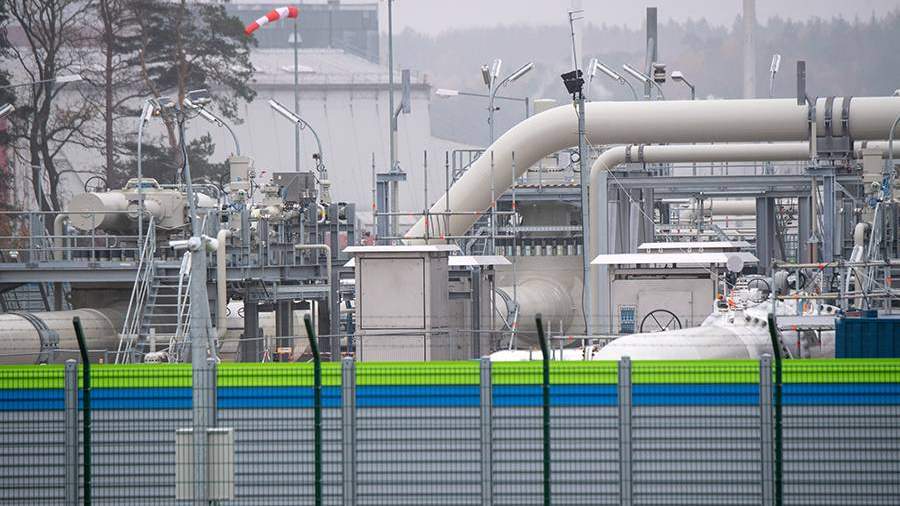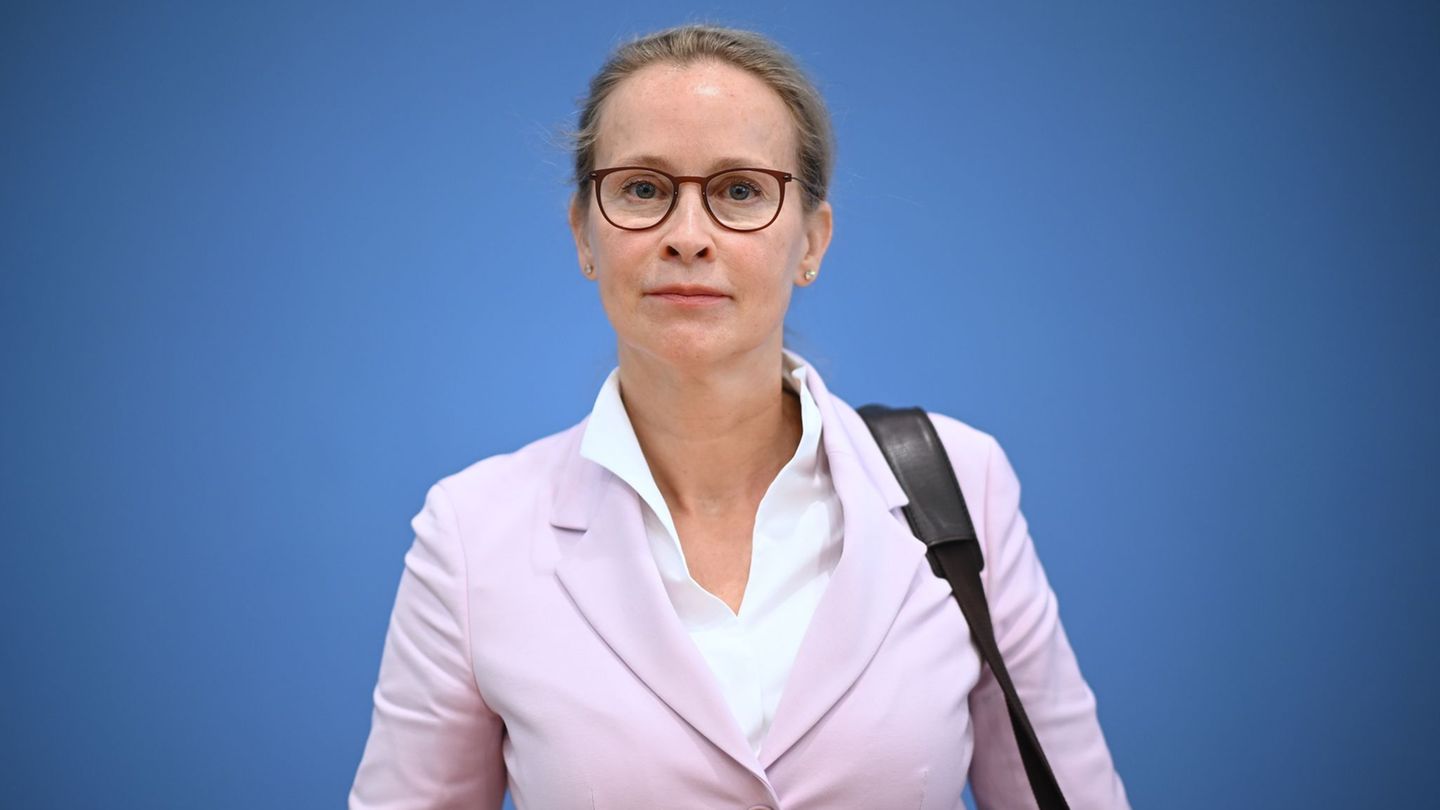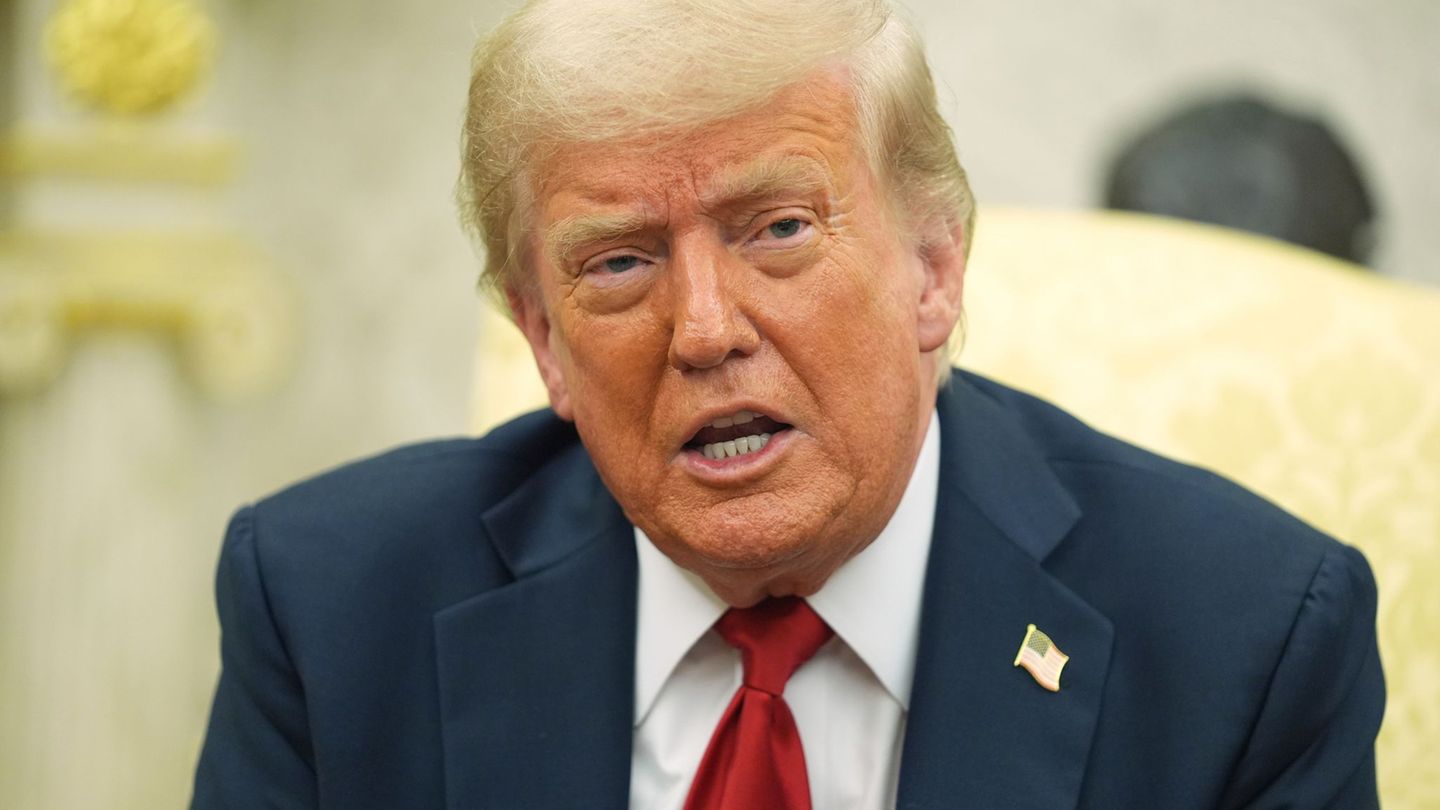German Foreign Minister Annalena Berbock clarified her words about the “inconsistency with the EU law” of the Nord Stream 2 gas pipeline, recalling that she had in mind the decision of the EU regulator made back in November. She announced this on Monday, December 13, before the start of the Council of EU Foreign Ministers in Brussels.
According to her, the relevant department has suspended certification, since it is necessary to legally separate the owner of the pipeline, its operator and the supplier of the energy carrier.
“This was done a few days ago by the Federal Network Agency of Germany,” she explained.
The day before, in an interview with ZDF, she said that the problem was discussed during the talks between the foreign ministers of the EU countries. European energy law applies to energy projects, she said.
As reported on December 11, Berbock found itself at an impasse over its position on the Nord Stream 2 project. The fact is that, being the co-chairman of the Green Party, Berbock strongly opposed the construction of the gas pipeline, but after being appointed head of the German Foreign Ministry, she was faced with the need to submit to the position of official Berlin. This was stated in the article by political commentator Johannes Leitoiser.
On November 16, the German regulator suspended the certification of Nord Stream 2 AG as an independent operator of Nord Stream 2. The procedure can be continued when a subsidiary company for the German part of the pipeline is created in Germany. The German Ministry of Energy called the suspension of certification a regulatory issue and an intermediate stage in this procedure, adding that this will not affect the energy supply of Germany.
The construction of the gas pipeline was completed on September 10. It was built from Russia to Germany along the Baltic seabed with the aim of direct gas supplies to Europe. The EU countries mainly support the project and participate in its implementation. The Baltic states, Poland, the United States and Ukraine are opposed.
Source: IZ
Jane Stock is a technology author, who has written for 24 Hours World. She writes about the latest in technology news and trends, and is always on the lookout for new and innovative ways to improve his audience’s experience.




